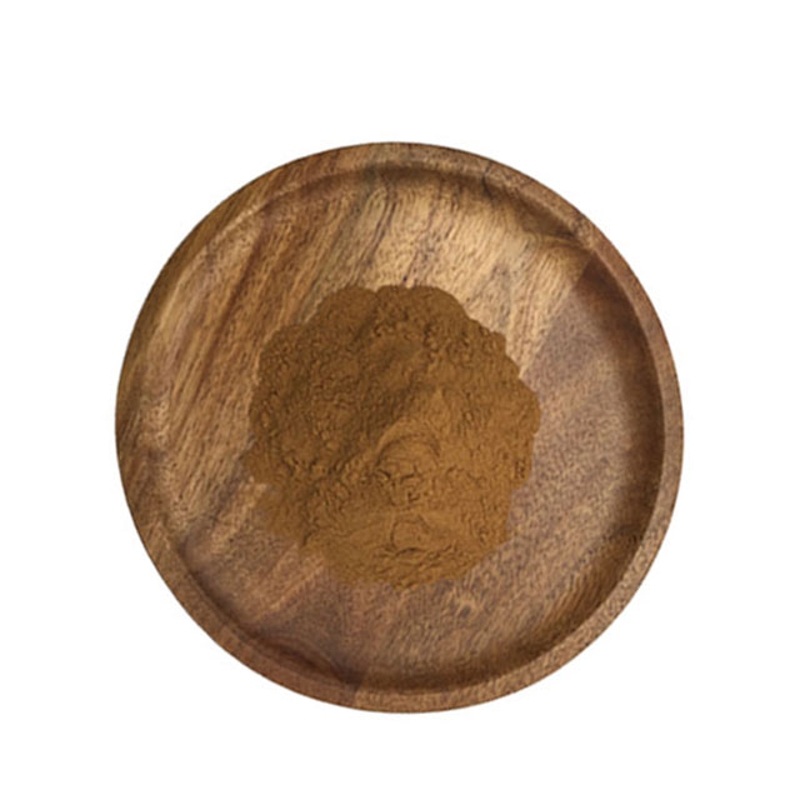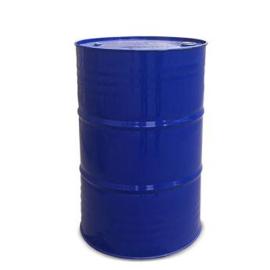-
Categories
-
Pharmaceutical Intermediates
-
Active Pharmaceutical Ingredients
-
Food Additives
- Industrial Coatings
- Agrochemicals
- Dyes and Pigments
- Surfactant
- Flavors and Fragrances
- Chemical Reagents
- Catalyst and Auxiliary
- Natural Products
- Inorganic Chemistry
-
Organic Chemistry
-
Biochemical Engineering
- Analytical Chemistry
- Cosmetic Ingredient
-
Pharmaceutical Intermediates
Promotion
ECHEMI Mall
Wholesale
Weekly Price
Exhibition
News
-
Trade Service
The incidence of colorectal cancer (CRC) has remained high globally.
It is estimated that by 2030, the global burden of colorectal cancer (CRC) will increase to more than 2.
2 million new cases and 1.
1 million cancer deaths each year
.
In many high-income countries, the burden of CRC is rapidly shifting to young people
The incidence of colorectal cancer (CRC) has remained high globally.
In recent decades, the intake of monosaccharides (especially added sugars) has increased dramatically, mainly due to the significant increase in the intake of sugar-sweetened beverages (SSB)
.
SSB (carbonated and non-carbonated soft drinks, fruit drinks and sports drinks) are mostly sweetened with high fructose corn syrup (usually containing 55% fructose and 45% glucose) or sucrose (half fructose and half glucose)
diabetes
To this end, the researchers prospectively included 33,106 participants in the study of the association between the intake of monosaccharides (fructose, glucose, added sugars, total sugars) and sugar-sweetened beverages (SSB) and the precursor risk of CRC among adolescents these participants provided information on diet teenagers in 1998 and then in the period from 1999 to 2015 received under the digestive tract endoscopy
.
During the follow-up period, there were 2909 conventional adenomas (758 high-risk) and 2355 serrated lesions ( mean age at diagnosis , 52.
2 ± 4.
3 years) in all patients
.
High glucose and SSB intake during adolescence are positively associated with the risk of adenoma, but not with serrated lesions
diagnosis
This study confirmed that adolescent intake of large amounts of monosaccharides and SSB is associated with an increased risk of colonic adenoma, especially rectal adenoma
.
.
Original source:
Hee-Kyung Joh.
Simple Sugar and Sugar-Sweetened Beverage Intake During Adolescence and Risk of Colorectal Cancer Precursors.
Leave a message here







